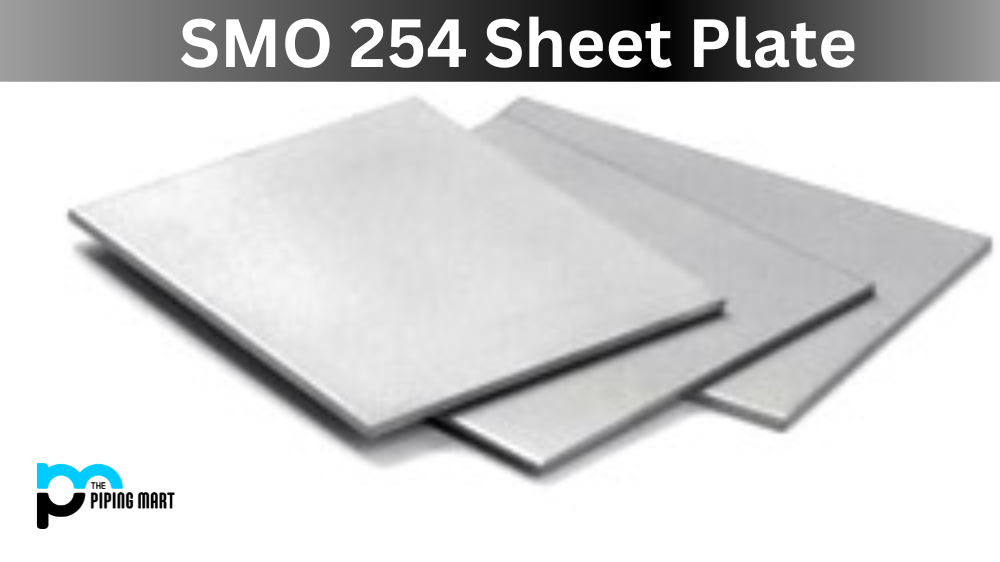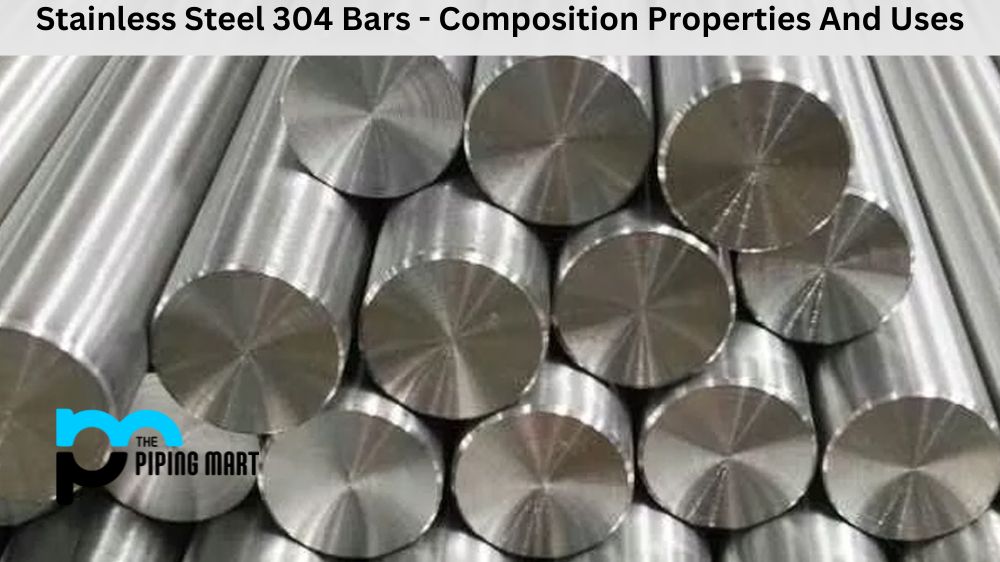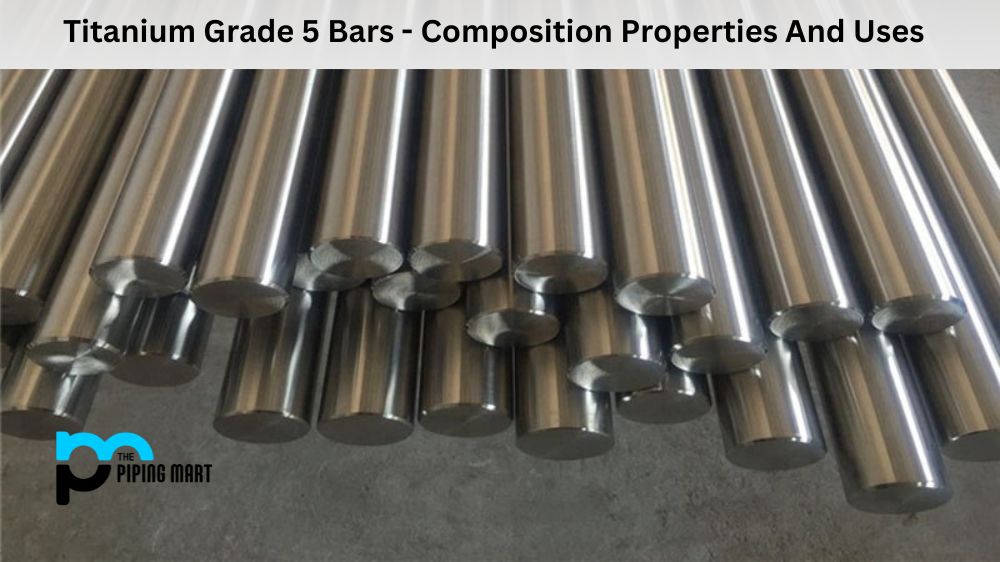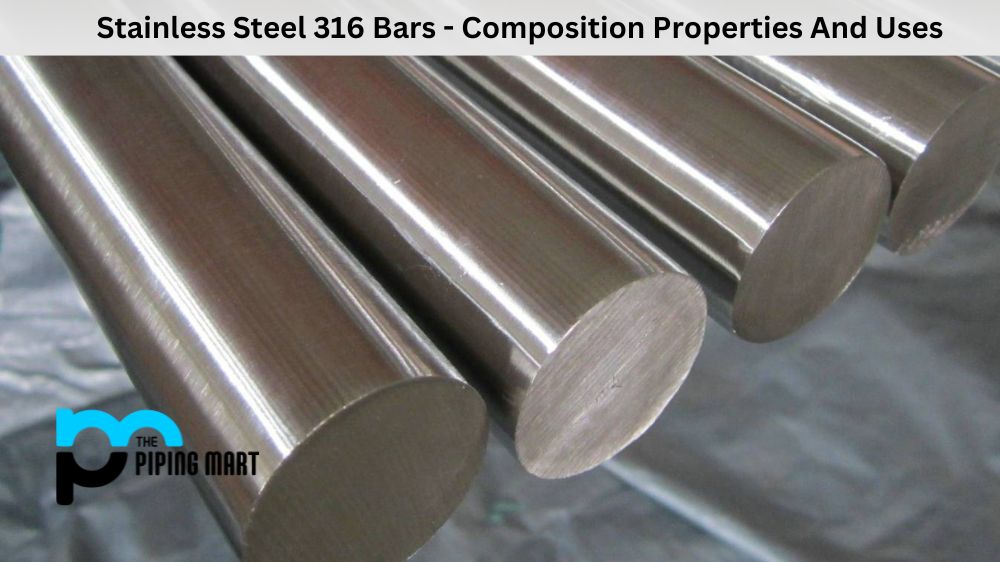For those in the business of engineering, SMO 254 Sheet Plate is a name that is familiar. With its unmatched quality and superior performance, it is one of the most sought-after materials in the world of engineering. This blog post aims to provide comprehensive insights into the composition, physical and mechanical properties, uses, heat treatment, and corrosion resistance of SMO 254 Sheet Plate.
What is SMO 254 Sheet Plate?
Uns S31254 Sheet is a high-nickel alloy made of chromium, molybdenum and nickel which offers superior corrosion resistance in harsh environments. It features excellent formability, weldability and toughness making it an ideal choice for many applications such as power plant desalination systems, petrochemical equipment and offshore structures. Furthermore, this sheet plate possesses outstanding resistance to stress related corrosion cracking, pitting and crevice corrosion.
SMO 254 Sheet Plate Composition:
SMO 254 plate is a high alloy austenitic stainless steel that contains 6% molybdenum and 22% chromium. It also has trace amounts of nitrogen and copper. This unique combination of materials gives SMO 254 exceptional resistance to corrosion and pitting in harsh environments.
| Element | Content (%) |
|---|---|
| Iron, Fe | 55.69 |
| Chromium, Cr | 20 |
| Nickel, Ni | 18 |
| Molybdenum, Mo | 6.1 |
| Nitrogen, N | 0.20 |
| Carbon, C | 0.010 |
SMO 254 Sheet Plate Physical Properties:
Uns S31254 Sheet exhibits a range of physical properties that make it highly desirable for use in the construction of industrial equipment and machinery. These include a density of 8.0 g/cm3, a melting point of 1320-1390°C, a thermal conductivity of 12.4 W/mK, and a coefficient of thermal expansion of 14.6 µm/m°C from 0-100°C.
| Properties | Metric | Imperial |
|---|---|---|
| Density | 8 g/cm3 | 0.289 lb/in3 |
SMO 254 Sheet Plate Mechanical Properties:
When it comes to mechanical properties, 254 SMO Steel Plate is unparalleled. It has a tensile strength of 650 MPa, a yield strength of 300 MPa, and an elongation of 40%. It also has good ductility and toughness, which make it a popular choice for applications where toughness is important.
| Properties | Metric | Imperial |
|---|---|---|
| Tensile strength | 680 MPa | 98600 psi |
| Yield strength | 300 MPa | 43500 psi |
| Modulus of elasticity | 195 GPa | 28300 ksi |
| Shear modulus | 75 GPa | 10900 ksi |
| Poisson’s ratio | 0.30 | 0.30 |
| Elongation at break | 50 % | 50 % |
| Hardness, Brinell | 210 | 210 |
SMO 254 Sheet Plate Thermal Properties:
| Properties | Metric | Imperial |
|---|---|---|
| Thermal expansion co-efficient (@20-100°C/68-212°F) | 16.5 µm/m°C | 9.17 µin/in°F |
| Thermal conductivity | 14 W/mK | 97.2 BTU in/hr.ft².°F |
SMO 254 Sheet Plate Equivalent:
| ASTM A813 | ASTM A469 | ASTM A269 | ASTM A240 | ASTM A182 (F44) |
| ASTM A814
|
ASTM A312
|
ASTM A249
|
SMO 254 Sheet Plate Uses:
254 SMO Steel Sheet is widely used in a variety of industrial applications, including the production of chemical and petrochemical processing equipment, heat exchangers, and pipelines in the oil and gas industry. It is also used in the manufacture of marine engineering equipment, pulp and paper mills, and food processing facilities.
SMO 254 Sheet Plate Heat Treatment:
6mo Plate can be heat treated to enhance its mechanical properties. Annealing at 1050-1150°C followed by rapid cooling in water or air can reduce residual stresses and improve its toughness. Similarly, quenching at 1100-1150°C followed by rapid cooling in water or air can enhance its strength and hardness.
SMO 254 Sheet Plate Corrosion Resistance:
UNS S31254 Plate is renowned for its high resistance to corrosion in harsh environments. It exhibits excellent resistance to crevice corrosion, stress corrosion cracking, and pitting corrosion, making it perfect for use in conditions where other materials fail. Moreover, its resistance to corrosion is maintained even at elevated temperatures, making it an ideal choice for high-temperature applications.
Conclusion:
In conclusion, 1.4547 Plate is an invaluable material in the world of engineering. Its unique combination of composition, physical and mechanical properties, uses, heat treatment, and corrosion resistance make it an exceptional choice for use in industrial applications. By providing comprehensive insights into this material, this blog post aims to help readers make informed decisions about its use in their businesses.

Meet Bhavesh, a seasoned blogger with a wealth of knowledge and experience. From metal products manufacturing to retail, Bhavesh has a diverse background in various industries and is dedicated to sharing his insights and expertise with readers.




